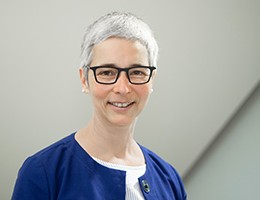With its materials research and process development, Fraunhofer ISC makes important contributions to solving global challenges

Privacy warning
With the click on the play button an external video from www.youtube.com is loaded and started. Your data is possible transferred and stored to third party. Do not start the video if you disagree. Find more about the youtube privacy statement under the following link: https://policies.google.com/privacyThe focus of our research is on climate change, environmental pollution, excessive use of resources, the energy transition, as well as material innovations with and for artificial intelligence and digitization, an aging population in industrialized countries, and growing urbanization.
Our work must be measured against these challenges, and we at Fraunhofer ISC want to make essential contributions to solving them.


